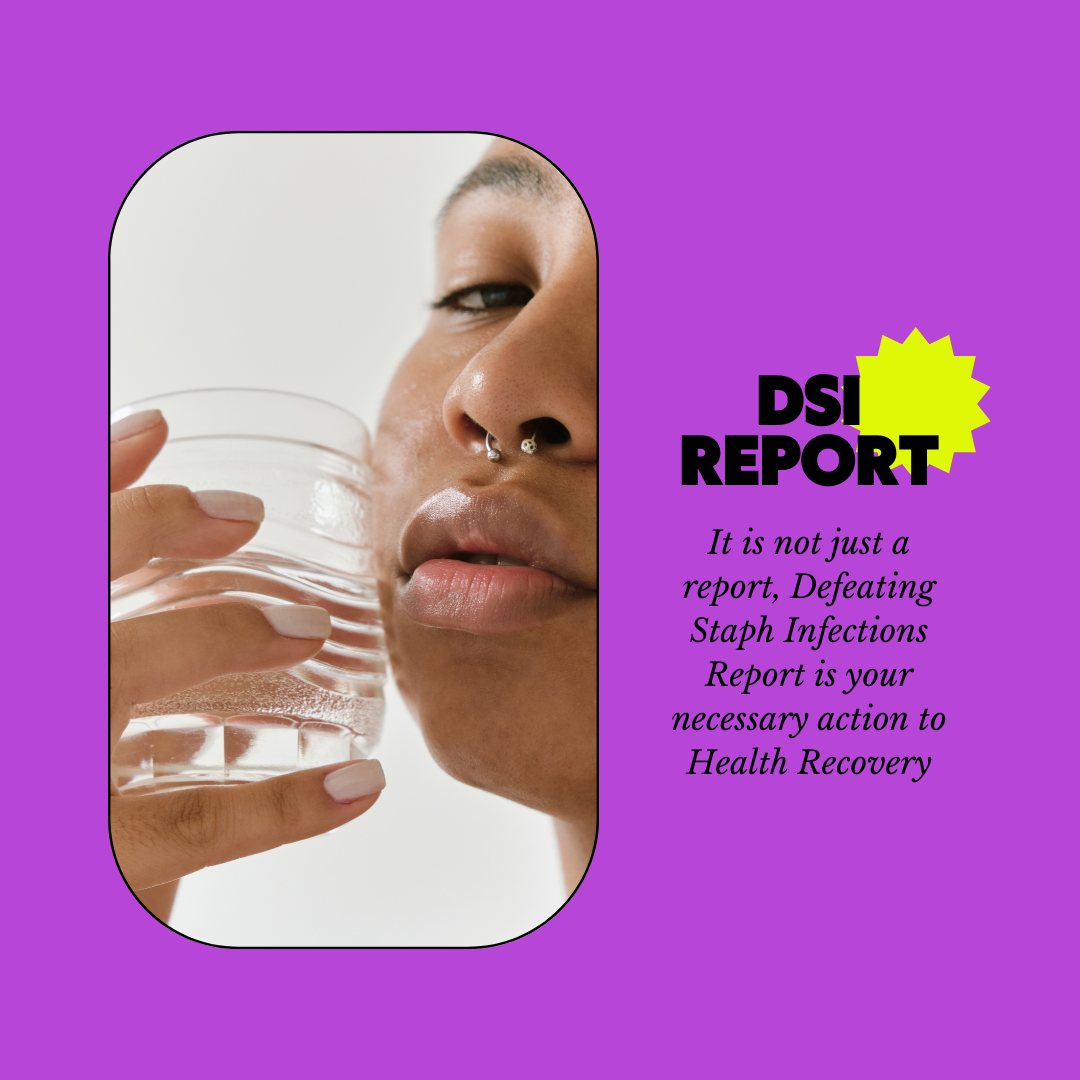How does maintaining skin integrity help prevent Staphylococcus infections?
Maintaining skin integrity is a crucial defense strategy against Staphylococcus infections, as the skin is the body's primary barrier against external pathogens, including various bacteria such as Staphylococcus. Here’s how intact and healthy skin contributes to preventing these infections:
1. Physical Barrier:
The skin acts as a physical barrier, preventing pathogens from entering the body. The outermost layer of the skin, the stratum corneum, consists of cells and lipids that form a tight seal against the external environment.
2. Chemical Protection:
The skin also provides chemical protection through sebum production and the maintenance of an acidic pH, which inhibit the growth of many bacteria. Additionally, the skin secretes antimicrobial peptides that actively kill pathogens.
3. Microbiome Balance:
Healthy skin hosts a diverse microbiome, which plays a role in protecting against pathogenic bacteria by competing for nutrients and space, thus preventing harmful bacteria from colonizing the skin. A balanced skin microbiome can suppress the growth of Staphylococcus bacteria by outcompeting them or through the production of substances that inhibit their growth.
4. Prevention of Entry:
Any breach in skin integrity, such as cuts, wounds, abrasions, or chronic skin conditions like eczema, can provide an entry point for Staphylococcus bacteria. Maintaining skin integrity ensures that there are fewer sites through which these bacteria can enter the body.
Strategies to Maintain Skin Integrity:
Moisturizing: Regularly using moisturizers helps prevent skin dryness and cracking, especially in conditions like eczema or during cold, dry weather. Moisturized skin is less likely to develop fissures and tears that can serve as entry points for bacteria.
Protection: Using gloves or other protective barriers when engaging in activities that might damage the skin (e.g., gardening, handling chemicals) can prevent cuts and scrapes.
Prompt Care of Wounds: Cleaning and covering wounds promptly and appropriately helps prevent infection and supports the skin’s natural healing process.
Avoidance of Harsh Chemicals: Limiting exposure to harsh chemicals, irritants, and allergens that can compromise skin barrier function helps maintain skin integrity.
Hydration and Nutrition: Adequate hydration and a nutritious diet rich in vitamins and minerals support skin health and its ability to repair itself.
Sun Protection: Protecting skin from excessive sun exposure by using sunscreen and appropriate clothing helps prevent sun damage, which can weaken the skin barrier.
By maintaining healthy skin, individuals can significantly reduce their risk of developing Staphylococcus infections and other skin-related issues. This approach is particularly important for those with underlying skin conditions or immune suppression, where the risk of infection is elevated.






Post a Comment